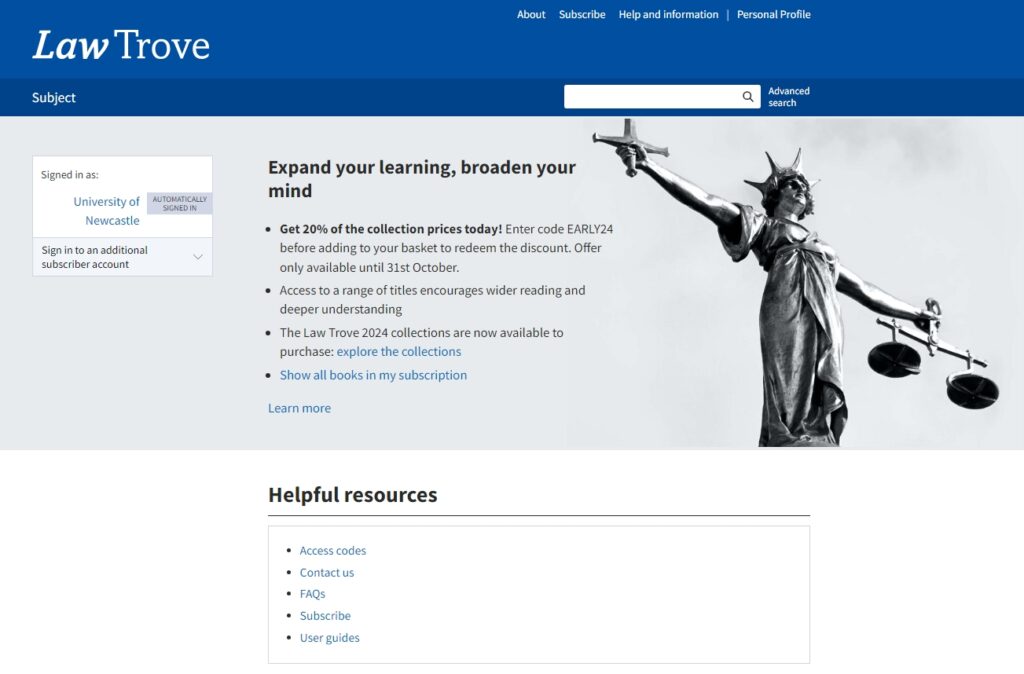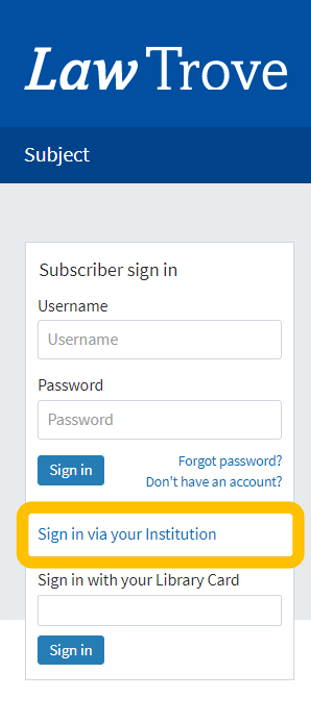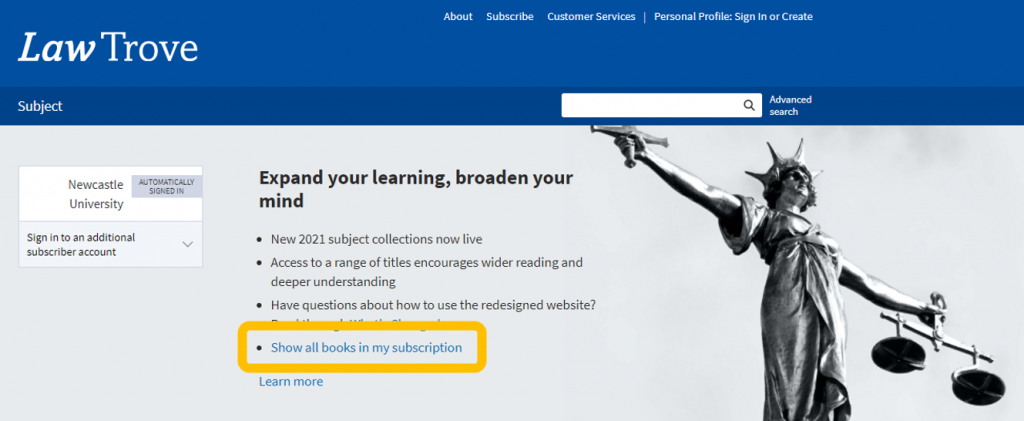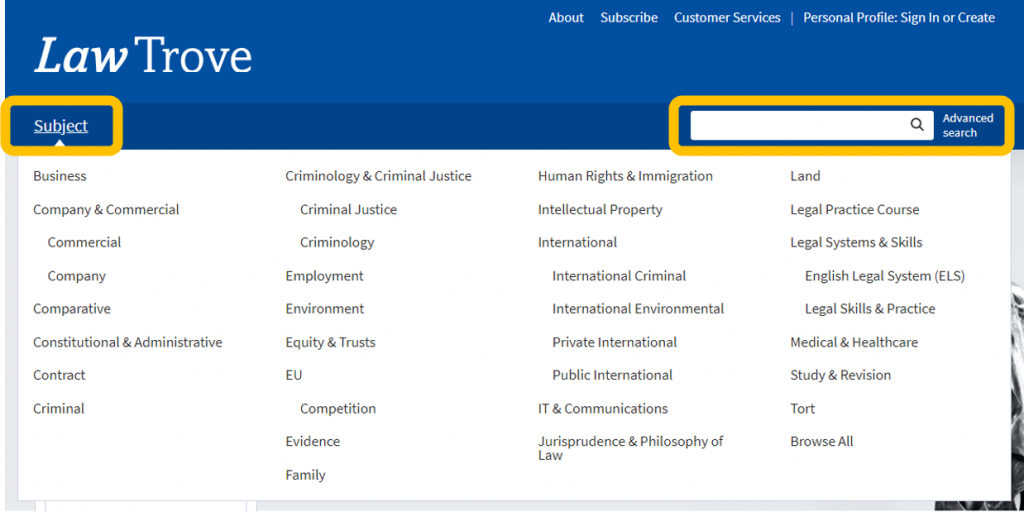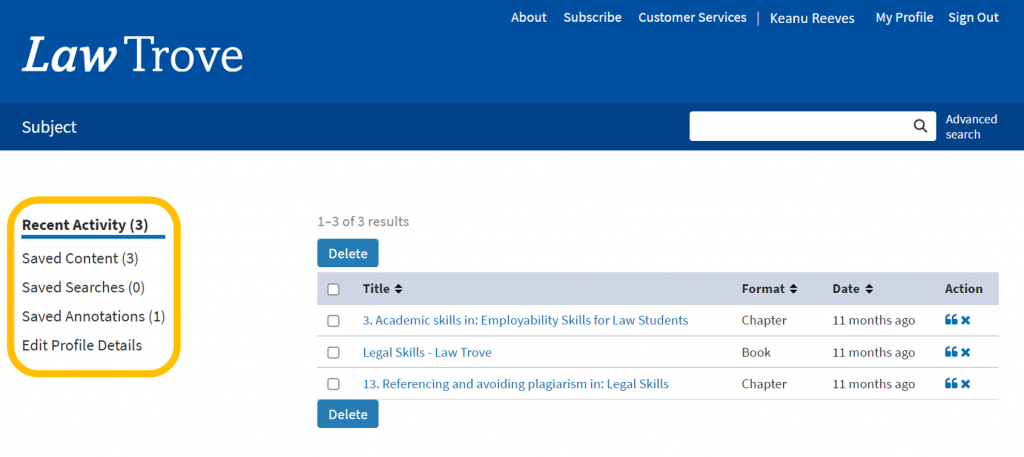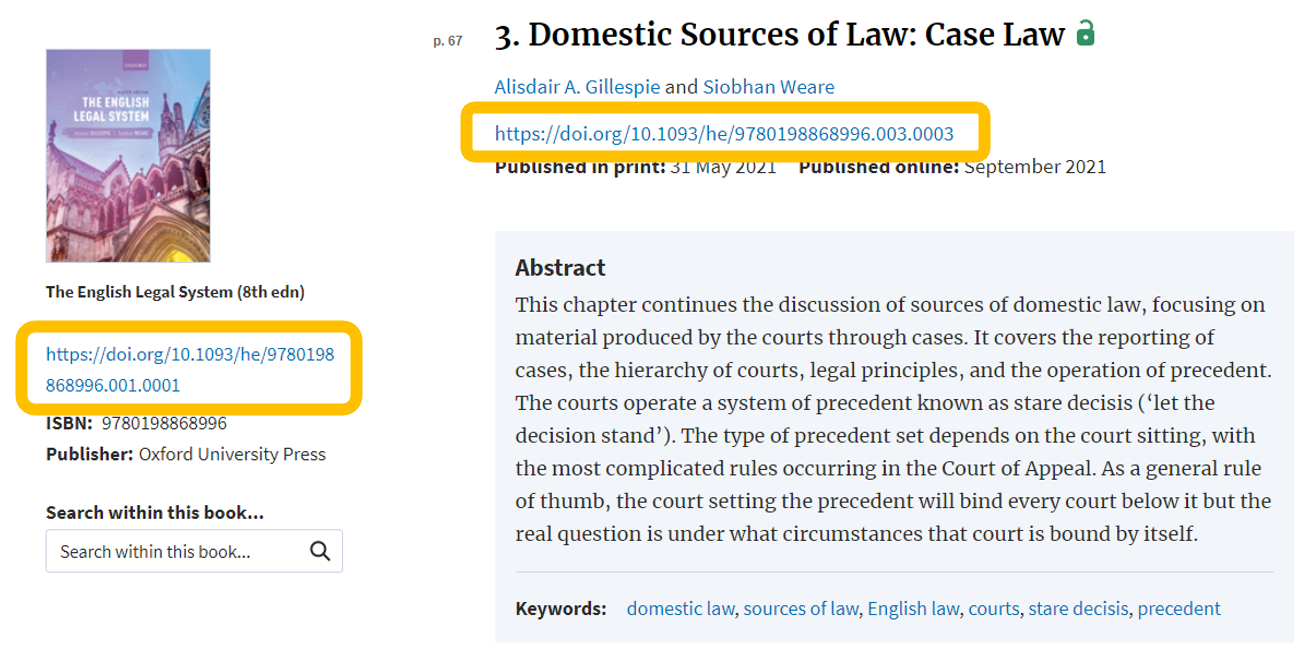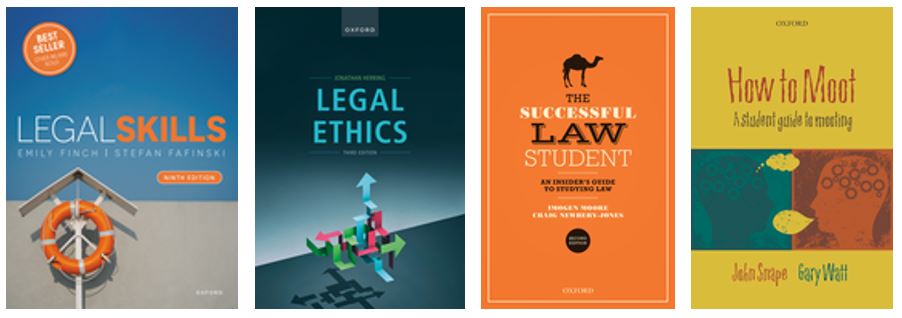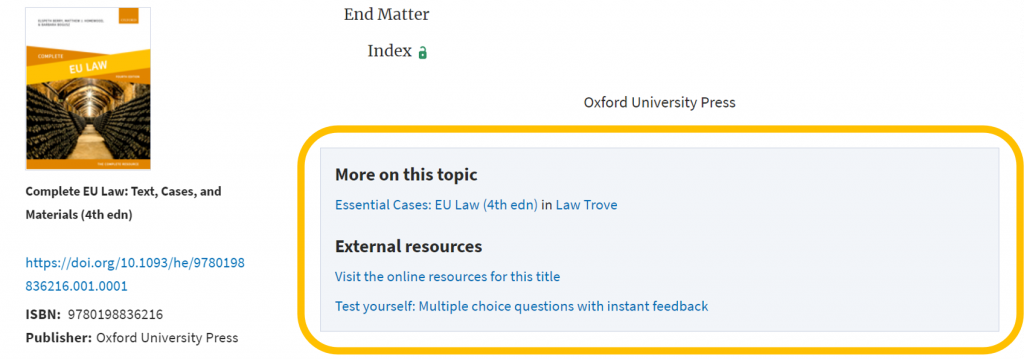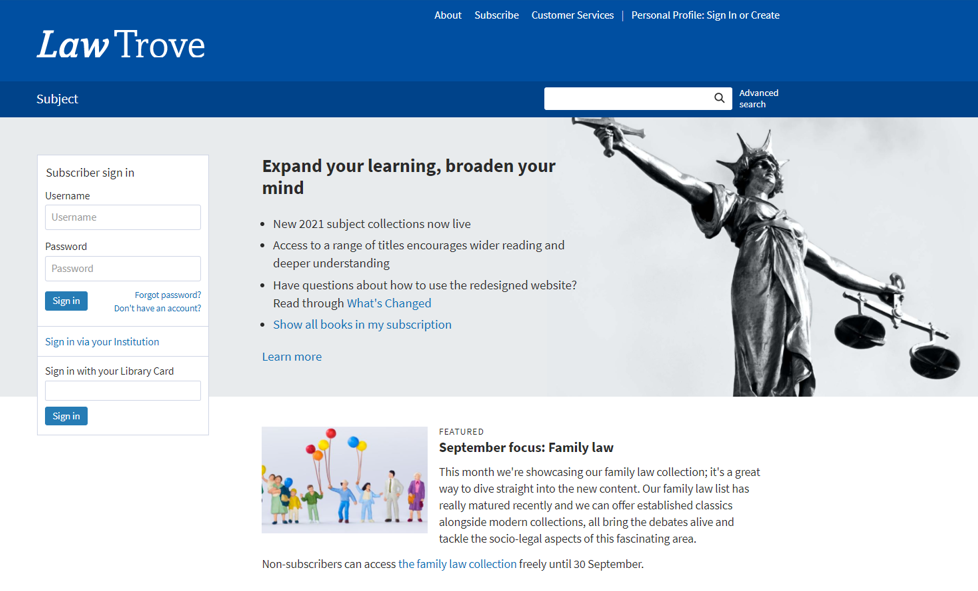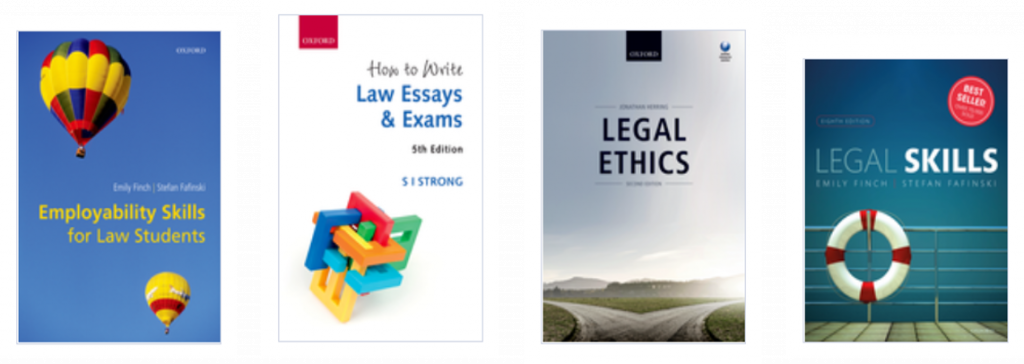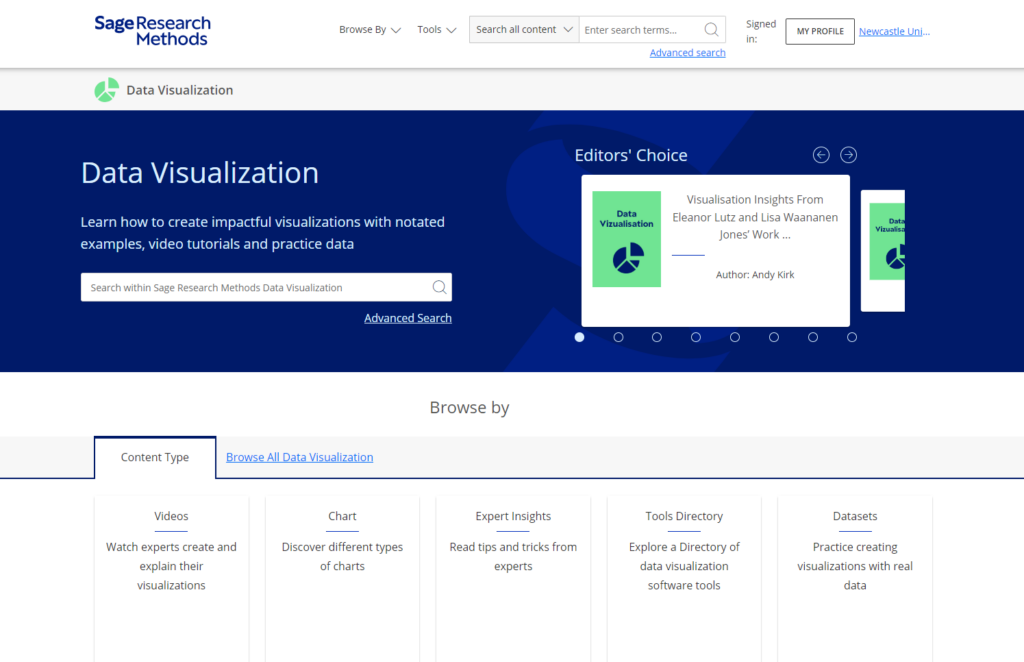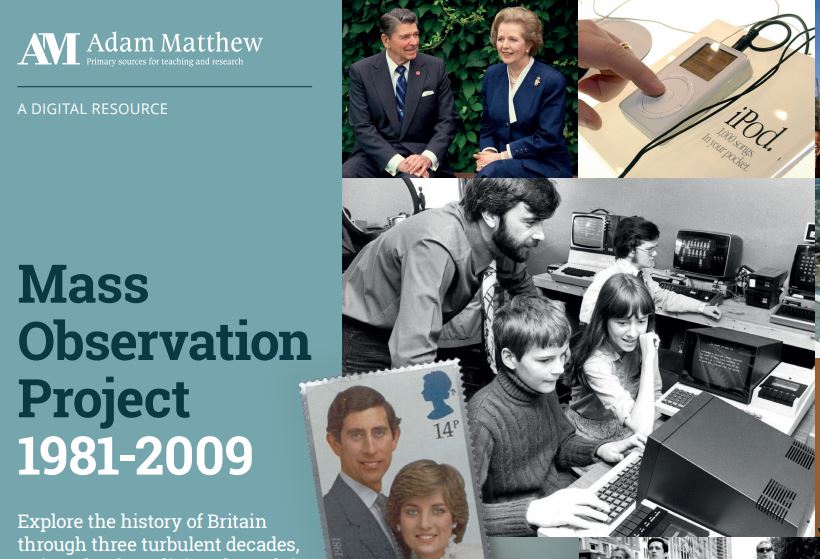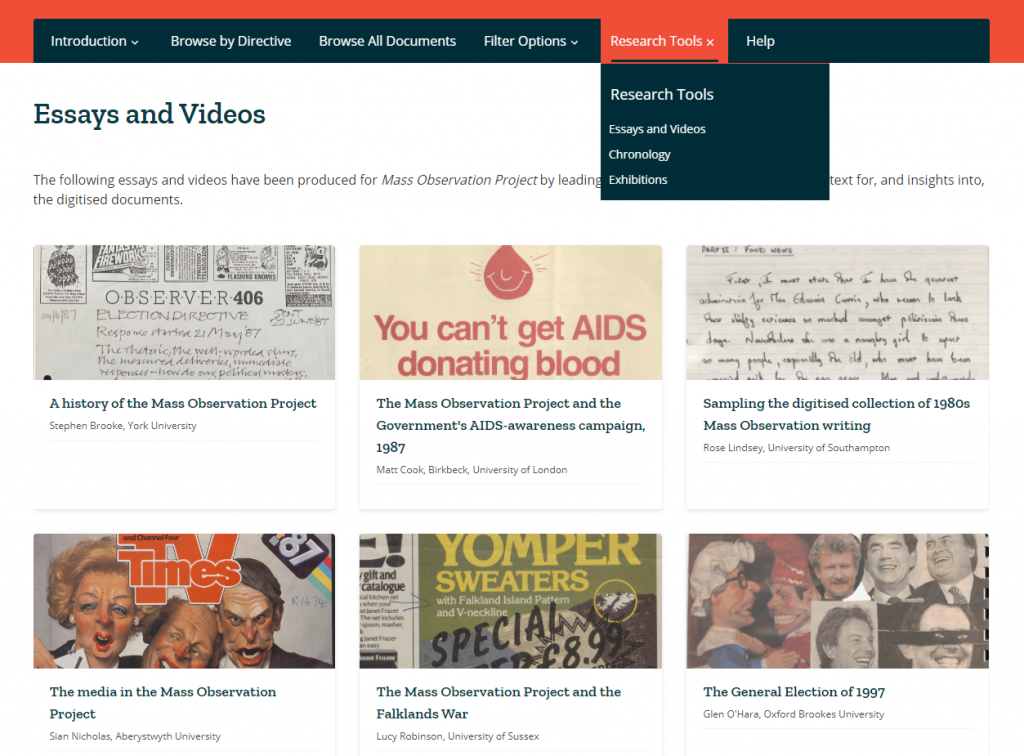
The Library is currently trialling additional modules within the Policy Commons platform.
We have already successfully acquired the Global Think Tanks module, however the present trial also unlocks access to the following additional modules:
- Public Health and Social Care: Frontline health providers, hospital systems, foundations, patient groups, practitioner communities, governments, think tanks, and other organizations produce research, pilot projects, real-world evaluations, newsletters, and collaborative projects.
- North American City Reports: Cities are on the front lines addressing climate change, immigration, racial equity, and other pressing issues. North American City Reports is the best source of current, detailed information about what happened, what was tried, and what worked. Rich in statistics and hard evidence, the reports document attitudes, actions, and outcomes—through surveys, budgets, case studies, training manuals, plans, and other records.
- World Cities and Local Governments: Cities are on the front lines of today’s most pressing challenges and their publications document the ground truth.
- World Governments: Governmental organsations publish debates, proceedings, reports, budgets, commissions, inquiries, audits, scientific findings, and other content. They spend billions of dollars annually on research.
- World Cities: Cities around the world are grappling with urgent issues that transcend national boundaries—rapid urbanization, escalating climate change, pervasive inequality, and other challenges. City reports show how municipalities are tackling problems. But lack of discoverability and impermanence make these the hardest policy documents to find and cite.
- Oceania: A major new initiative to collect, preserve, and disseminate critical research from Australia, New Zealand, and the Pacific Islands, Policy Commons: Oceania provides the region’s perspective on topics including climate change, indigenous rights, the economy, housing, healthcare, and ageing.
The resource is available to trial until Monday 31st March. Access Policy Commons from Library Search here.
As the purpose of a trial is provide short term institutional access to establish whether the resource is of interest for future sustained access, unfortunately we are not able to extend or repeat trials. Please bear in mind that any links to material within the trial collections will no longer work after the trial ends, so access is temporary.
We’re keen to hear any feedback on this resource, either by posting your thoughts on this blog post below, or by getting in touch with your Liaison Librarian at libliaison@newcastle.ac.uk.


